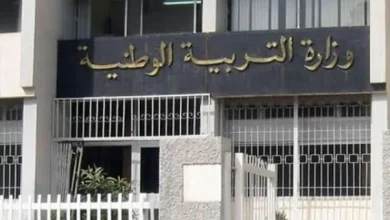The ongoing Israeli-Palestinian conflict has cast a long shadow over Tel Aviv’s stock exchange, dragging it to its lowest levels since March 2021. Official reports revealed that the benchmark index, which tracks the performance of the top 35 companies, slid by about 0.3% today. This downward spiral exacerbates the severe losses that the market has suffered since the escalation of hostilities with Gaza.
Data collated from the Tel Aviv stock exchange indicates that the index has dropped by 11.7% to 1617 points, a stark decline from its 1831-point peak before the conflict ignited on October 7. The war has rattled multiple sectors that form the backbone of the Israeli bourse, including banking, insurance, technology, real estate, and construction industries.
The initial days of the conflict witnessed extensive sell-offs, underscoring the market’s vulnerability amid uncertainties surrounding the conflict’s duration and outcome. Today’s trading session saw the TA 35 index decline by 0.27%, marking its ninth downturn in the last 14 sessions since the onset of the war.
Alongside the bearish trend in the stock market, the Israeli Shekel recorded its longest losing streak against the US Dollar in 39 years. The currency has slid for 12 consecutive trading days, with the latest exchange rate standing at 4.06 Shekels per dollar. This signifies the Shekel’s lowest point since December 2014. An analysis by Bloomberg suggests that the Shekel’s slump may persist, especially in the absence of an imminent resolution to the Gaza conflict.
This fiscal downturn has not only impacted the domestic market but has also reverberated on an international scale. Standard & Poor’s Global recently revised its outlook for the Israeli economy from stable to negative, warning of amplified risks due to the ongoing aggression against Gaza. Moody’s and Fitch, other global credit rating agencies, have placed Israel’s debt under review for a potential downgrade, indicating widespread concerns about the war’s economic repercussions.
Experts from Israel’s Ministry of Finance and the central bank estimate that the conflict could result in more than $18 billion in losses, with the possibility of the national budget deficit exceeding $20 billion by 2024.
Palestinian resistance, led by the Hamas militant wing, Al-Qassam Brigades, launched Operation “Al-Aqsa Storm” on October 7 in retaliation against ongoing violations against Palestinians. The operation is in response to a variety of grievances, including continued Israeli incursions into the Al-Aqsa Mosque and a blockade on Gaza that has lasted for over 16 years. Israel’s intense bombardment in retaliation has resulted in 6,546 Palestinian casualties thus far, the majority of whom are children, and has left over 117,000 others injured.
As the world watches closely, the deepening crisis raises questions about the path ahead, not only for peace and security in the region but also for the financial stability of an already volatile market.



